Nineteenth-Century Germany: Nation-Building from Below and Above
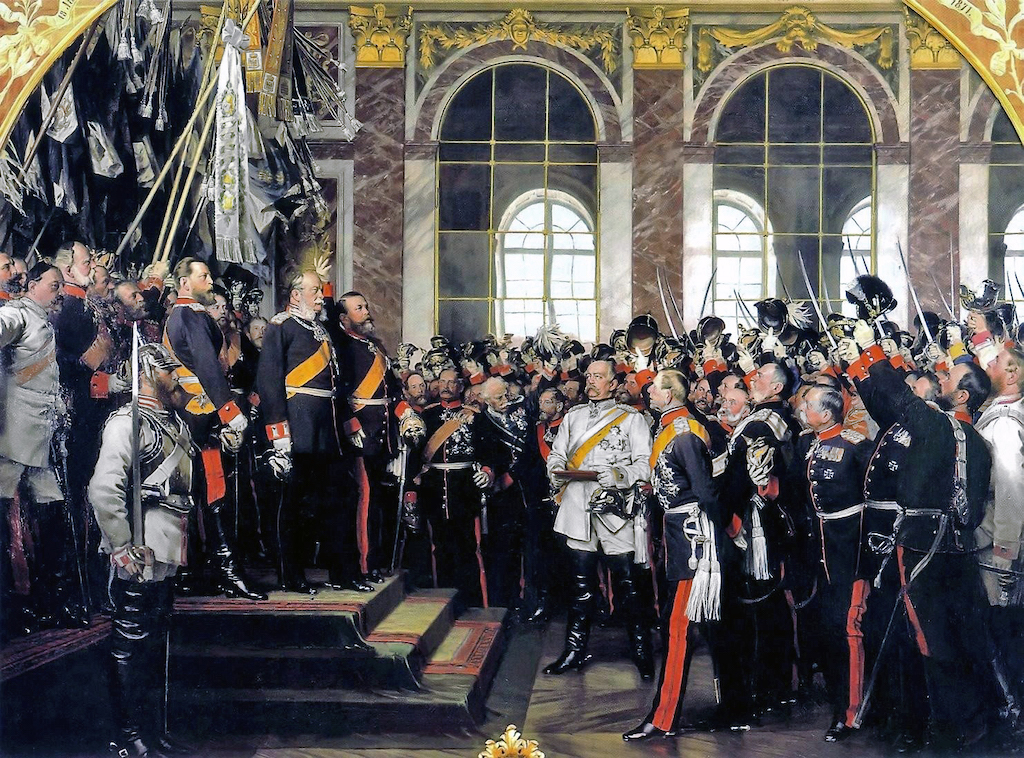
This lecture course examines central aspects of German history from the 1790s to the eve of World War I, focusing on how a diverse collection of rural peasants became organized in the most powerful state on the
European continent over the course of a century or so, and the problems that developed out of that unique process.
Twentieth-Century Germany: One Century, Five Germanies
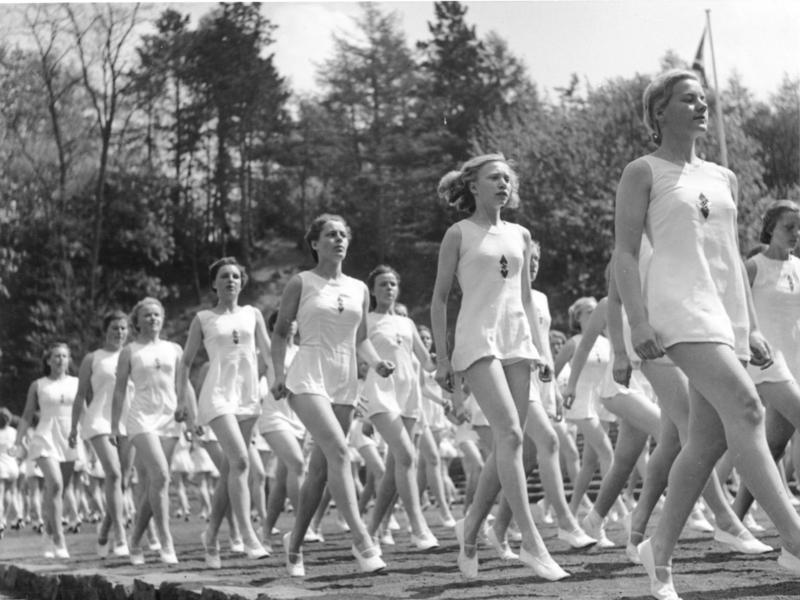
This upper-division course explores the history of Germany in the twentieth-century, with particular attention to Nazism and the Holocaust.
Human Rights and Crimes Against Humanity
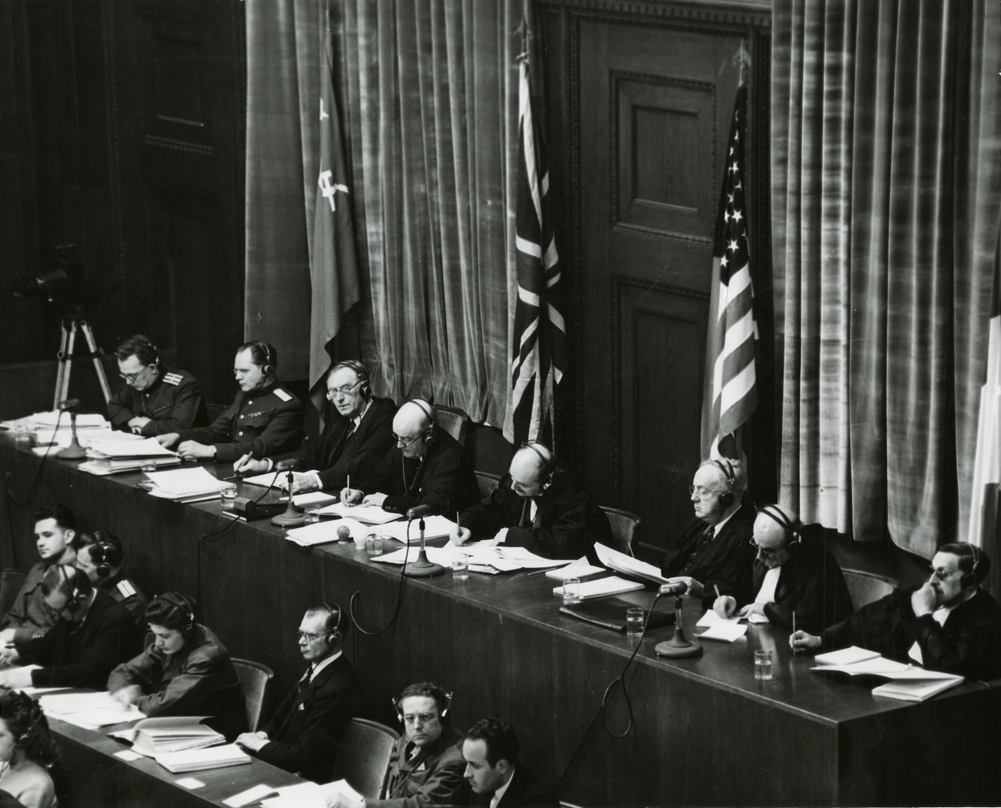
This upper-division course on the history of human rights (30-40 students) includes a newspaper research assignment on the Holocaust, “History Above the Fold.”
Weimar Germany: Promise and Tragedy
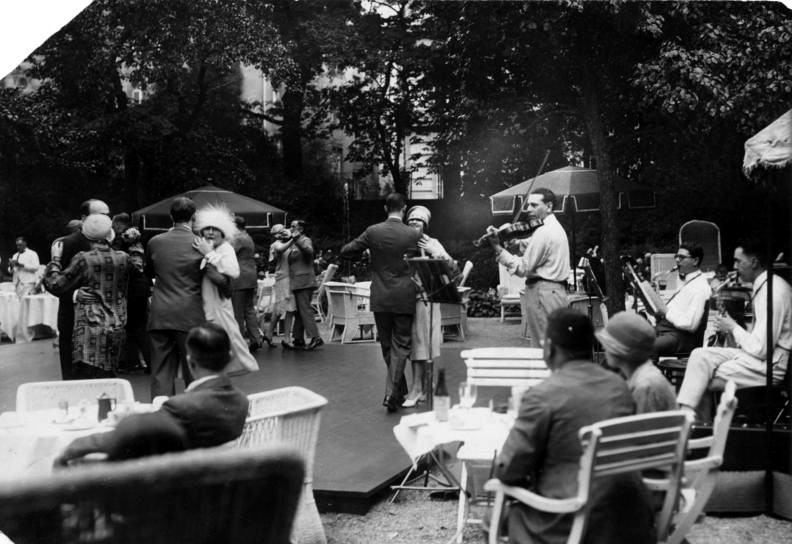
Graduate-level seminar on Weimar Germany.
Germany Since Hitler, 1933 to the Present
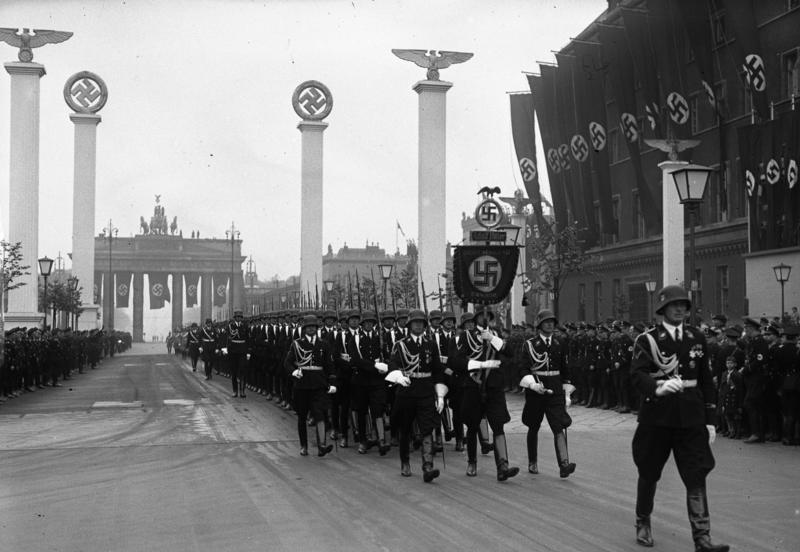
David CrewUniversity of Texas, Austin This upper-division seminar course explores the the effects of Hitler’s dictatorship upon German society, politics, economy and culture, including the consequences of defeat, occupation, the Cold War and the political division of Germany after 1945, the history and development of East and West Germany in the years between 1949 and […]
Divided Germany in Cold War Europe
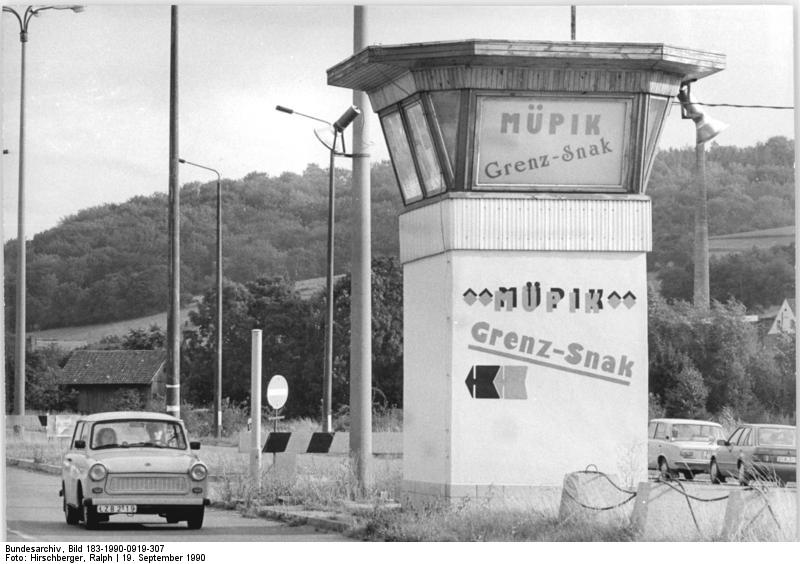
This upper-division course on postwar German history, capped at 25, is designed mainly for History majors and minors and students in related programs. It included a number of public history projects such as a class podcast and a storymap built from avatar entries. Other projects had to be shelved because of COVID.
Nazi Germany
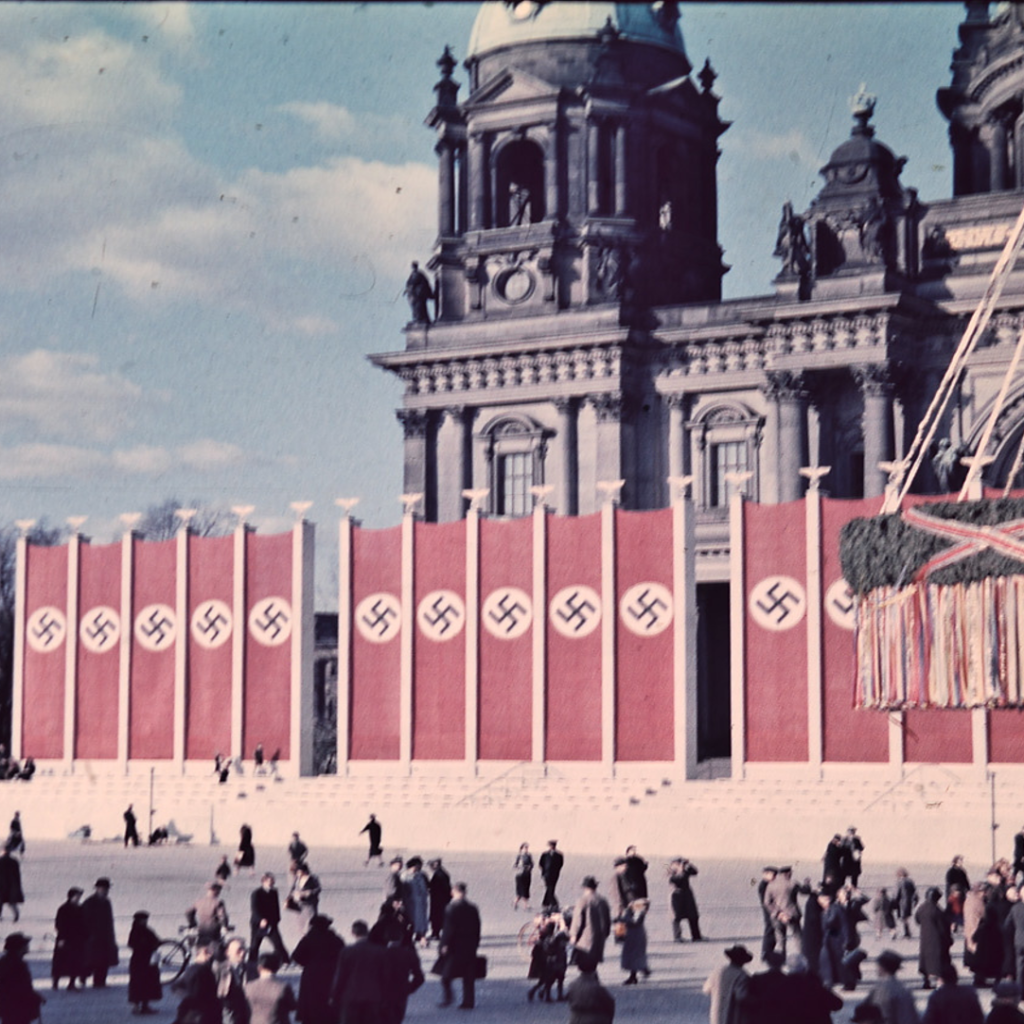
This upper-division course about Nazi Germany is designed mainly for History majors and minors as well as students in related programs. It includes a global immersion trip to Berlin over Spring Break, which focuses on exploring how Germans have dealt with and commemorated the history of Nazism and the Holocaust. Because it is a global immersion course, it has only approximately 15-20 students. The main assignment is a class timeline project.